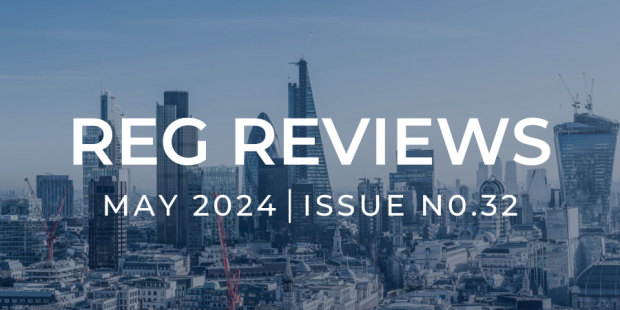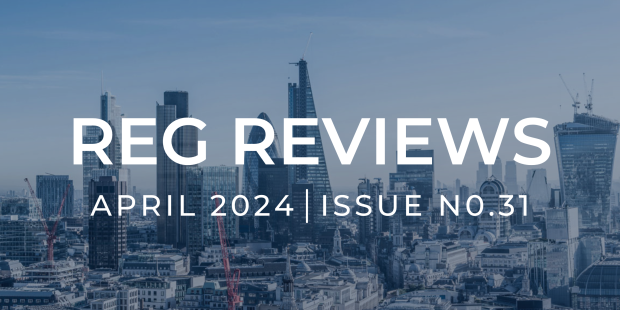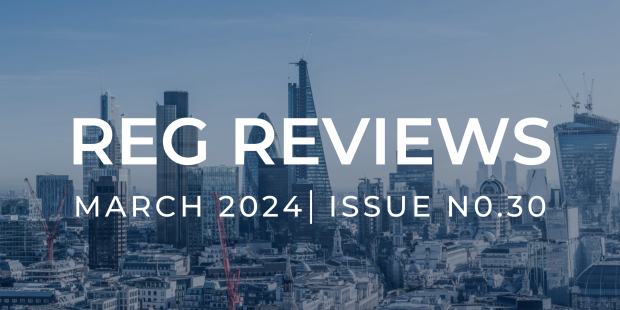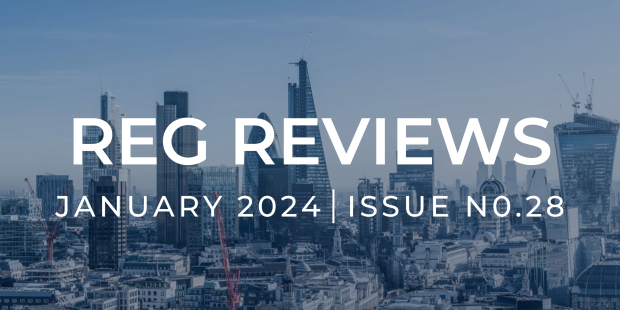On 7th May, MPs have been informed about a significant data breach affecting the Ministry of Defence, aiming at service personnel.
While the government didn’t disclose the name of the potential country responsible for the hacking, Sky News believed it to be China.
This breach, primarily targeting the MoD’s payroll system managed by an external contractor, exposed sensitive data including names, bank details, and potentially addresses of UK armed forces personnel.
China has strongly denied any involvement, branding the accusations as “fabricated and malicious slander.” The Chinese government insists on its opposition to cyberattacks and rejects any political use of cybersecurity issues to tarnish its image.
This incident comes on the back of previous accusations against China, including the 2021 hack of the UK Electoral Commission, underscoring a pattern of sophisticated cyber threats arising from Beijing.
The timing is particularly sensitive, given the UK government’s efforts to balance national security concerns with its significant economic ties to China.
According to the Guardian, approximately 270 000 payroll records associated with almost all members of the British armed forces have been unveiled by the Chinese hackers in a breach at a third-party vendor.
Although all eyes were on China, Defence Secretary Grant Shapps informed Parliament about the “suspected work of a malign actor” in this breach, underlining the gravity of the threat without directly naming China. This stance reflects ongoing diplomatic tensions and the complexities of attributing cyber-attacks definitively to state actors.
While hackers are thought to have been in the system for an extended period, potentially weeks, there is no direct proof that any data was stolen or tampered with.
Even the salaries haven’t been impacted, although the personnel received credit checks to verify if bank information was being used without consent. Furthermore, experts suggest that financially vulnerable personnel might be targeted for coercion, reflecting a broader strategy of exploiting personal data for strategic gains.
Tobias Ellwood, a Conservative MP and former soldier, highlighted the evolving nature of warfare where defending digital infrastructure is as crucial as physical defences. This breach serves as a reminder of the significant cybersecurity challenges facing the UK, necessitating more robust protections for sensitive government data systems.
So far, the ongoing investigation has shown that no sensitive data has been stolen. Unfortunately, this situation begs the question whether other countries that have difficult relations with China would want to share confidential information with the UK.

































